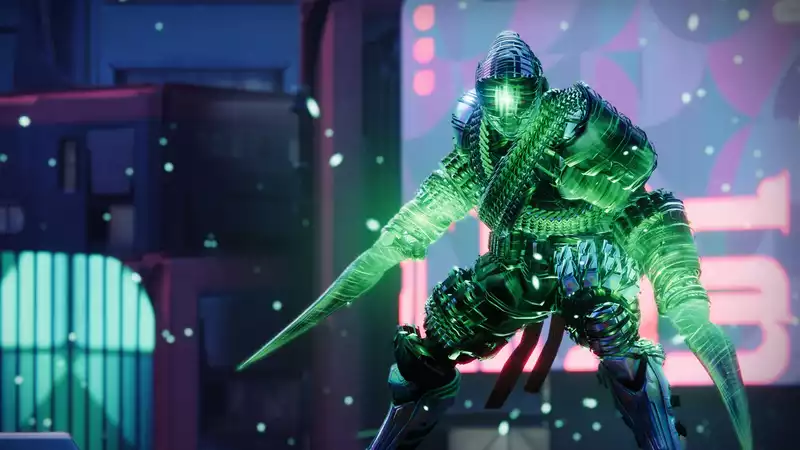Bungie has been very aggressive in its pursuit of Destiny 2 cheat makers over the past few years and has not been shy about publicly stating so, according to the opening passage of the latest legal action (via Torrentfreak) filed against the makers and sellers of the Ring-1 cheat, Bungie has no intention of stopping anytime soon.
The lawsuit began in May 2021, when Bungie and Ubisoft jointly sued Ring-1. The two companies reached settlements with three of the four defendants in late 2022, but the fourth did not respond to the lawsuit, prompting Bungie and Ubisoft to request a $2.2 million default judgment.
The judge in the case, however, denied the request, finding that the fourth defendant was "neither an original developer of the software nor an original participant in the Ring-1 enterprise" but instead was "something like a customer service representative." With this ruling, the defendants were not required to pay anything. To make matters worse, Ring-1's website remained online.
The new lawsuit, filed on August 1, names 40 "John Does" along with 10 other defendants (most of them pseudonyms) and opens with the statement: "Destiny 2 cheaters, without fear of consequences, have the right to engage in massive attacks against the Destiny 2 game and its The days when they could freely engage in massive attacks against the Destiny 2 game and its community without fear of consequences are over.
The lawsuits rely heavily on Bungie's past victories against cheat makers, noting that the lawsuits specifically target "corporate entities and individuals who profit from the manufacture, sale, support, or otherwise spread malicious cheat software." The rulings in these lawsuits "confirm that the sale and use of the cheat software violates a number of federal and state laws, violates Bungie's contract with the user (the Limited Software License Agreement (LSLA) governing access to Destiny 2), and constitutes a serious tort . and repeatedly confirms that it is a basis for tort liability."
Bungie states that these victories have been widely reported. In other words, the Ring-1 defendants were well aware by now that their conduct was illegal and had had more than enough time to voluntarily cease doing so. Nevertheless, they continue to make and sell cheat software, "convinced that they can avoid the consequences."
The lawsuits include copyright infringement, civil RICO [Racketeering Influenced and Corrupt Organizations] violations (wire fraud, copyright infringement, money laundering), DMCA violations, Computer Fraud and Abuse Act violations, and civil conspiracy, Defines the various parties involved, Bungie's efforts to deter cheaters, and Ring-1's persistence in circumventing that work.
Given Bungie's string of court victories, one would expect this lawsuit to end much the same way: some spare cash for Bungie and another cheat maker disappears. For now, though, Ring-1 is still online, selling "undetected" cheats for the unbeatable price of $59 per month. Don't mess with it.


Comments